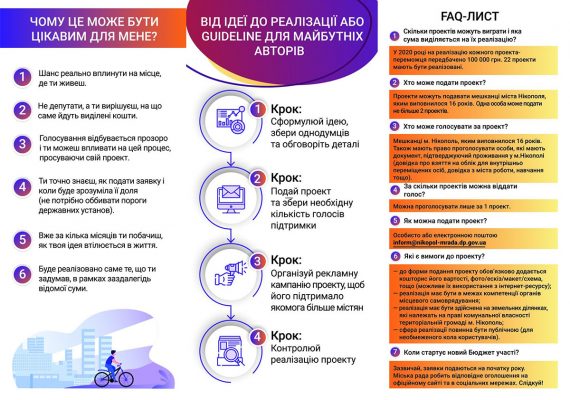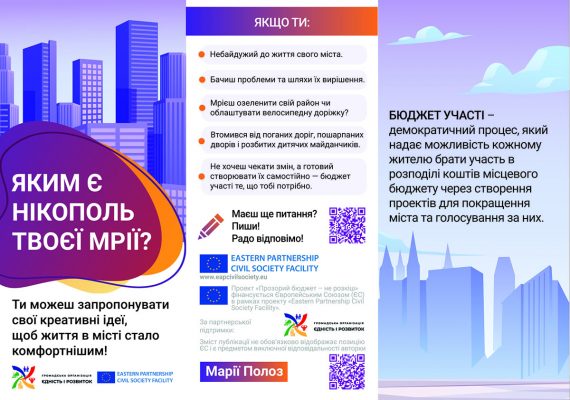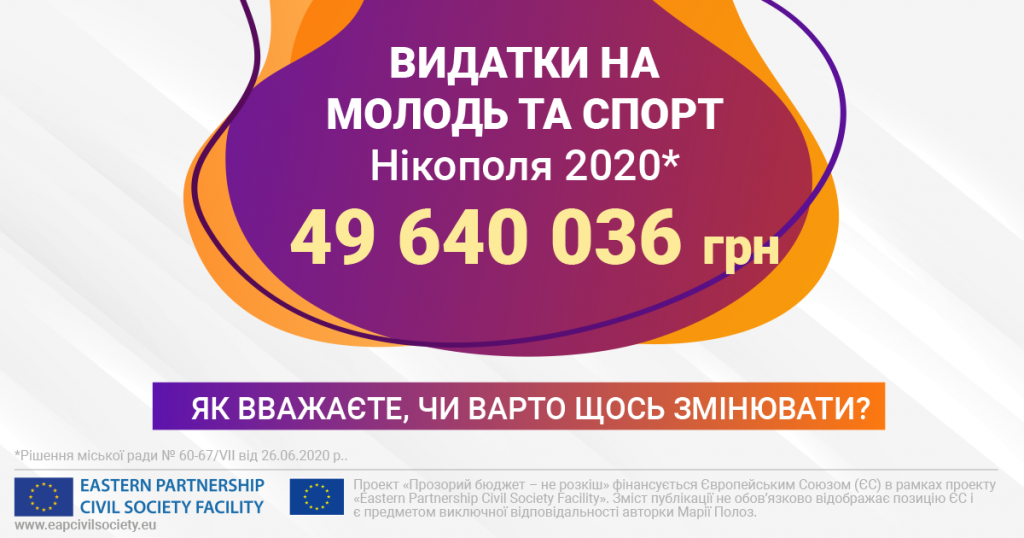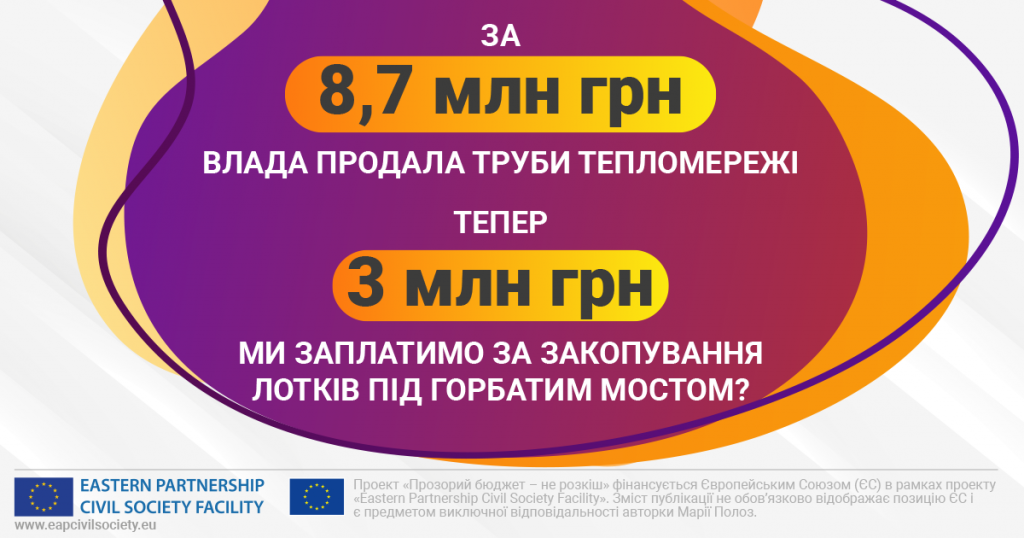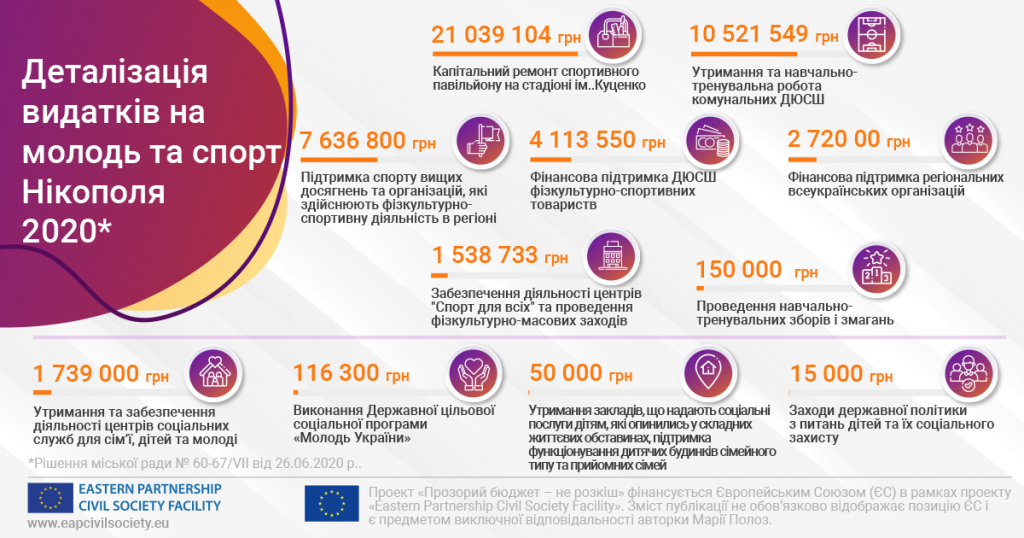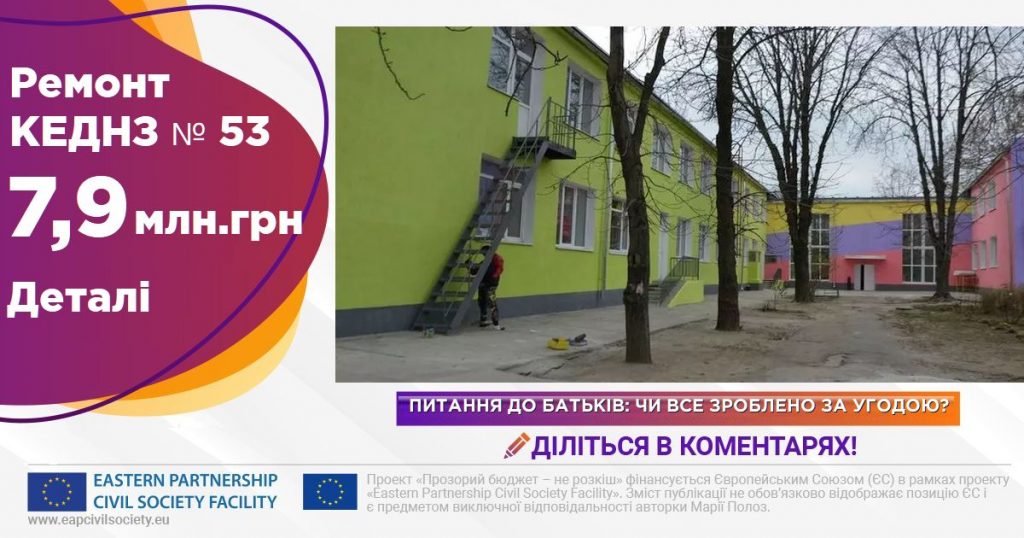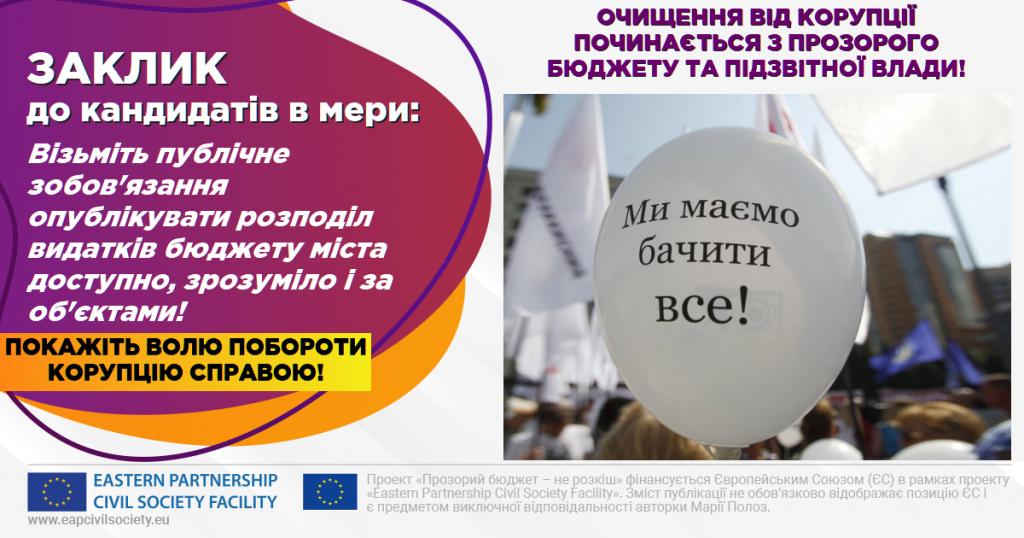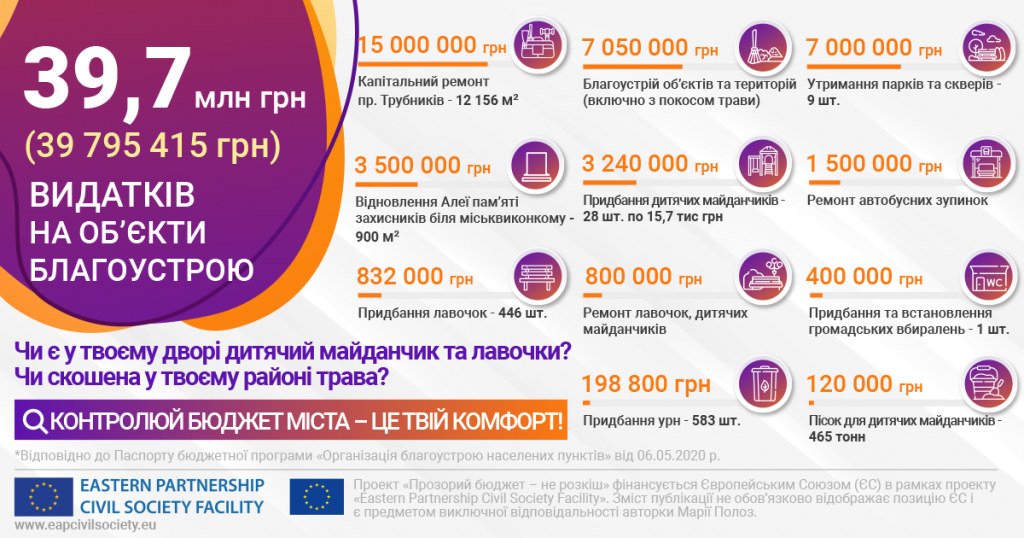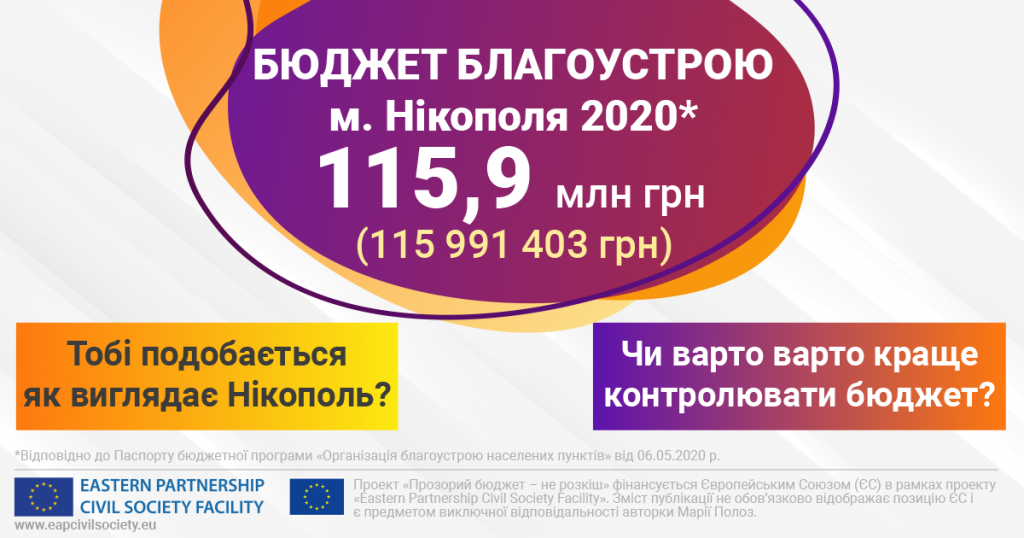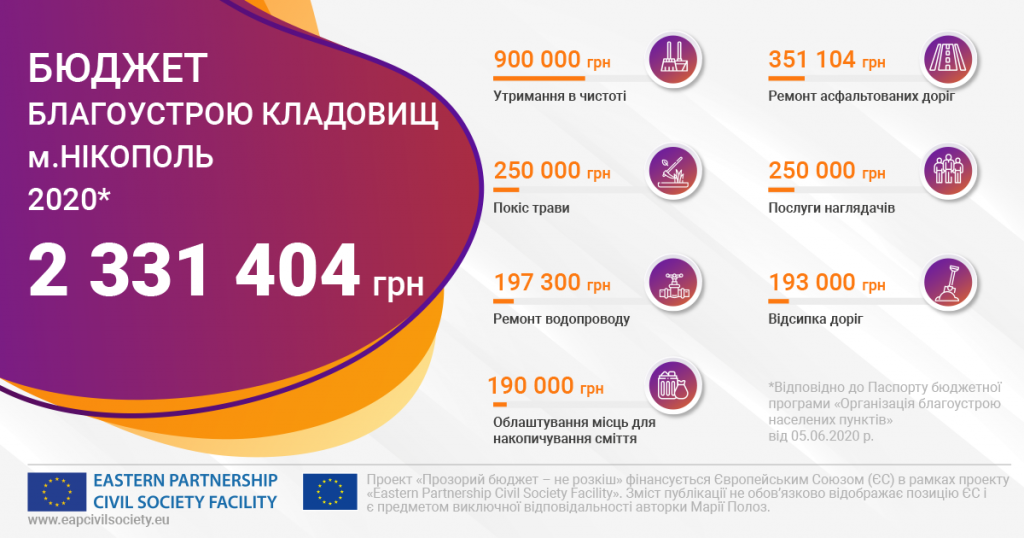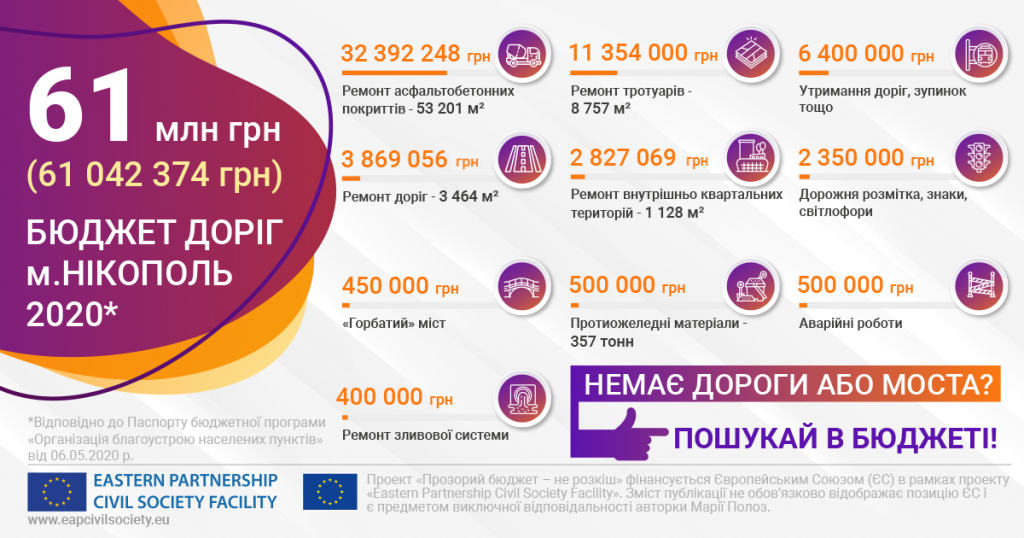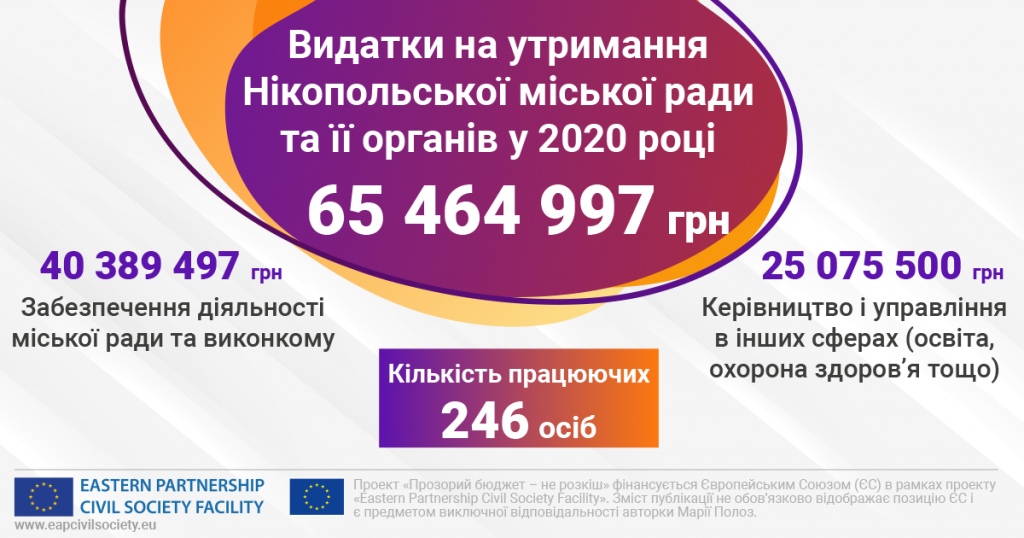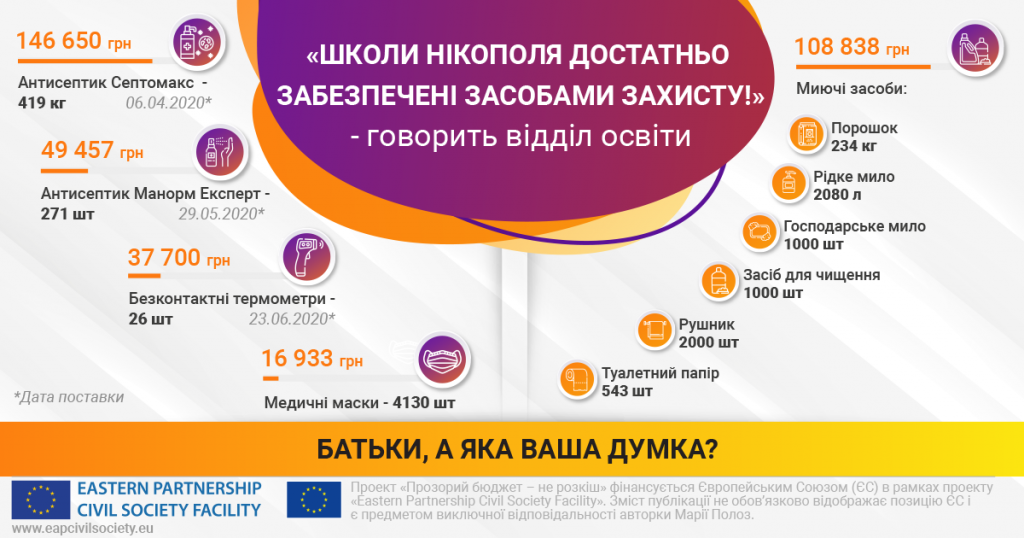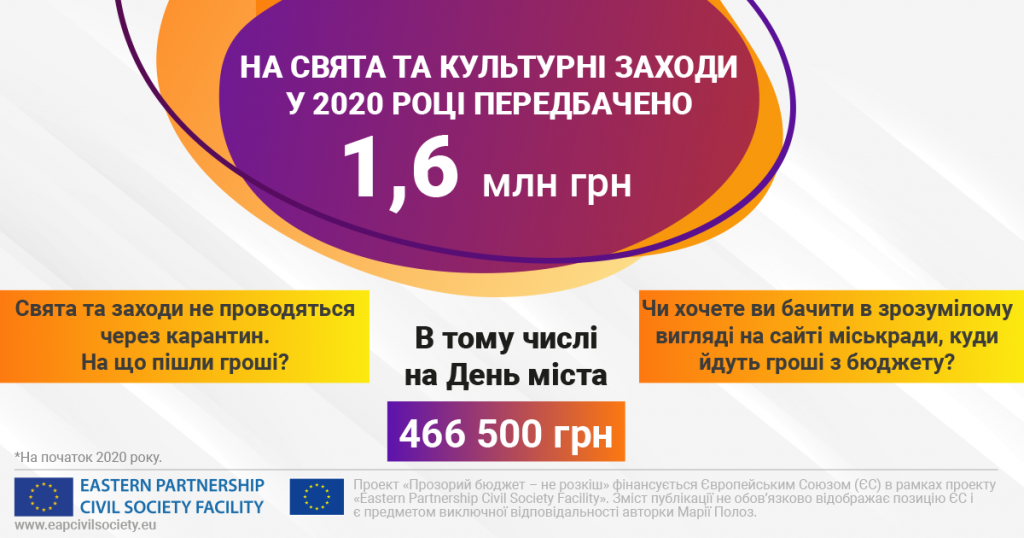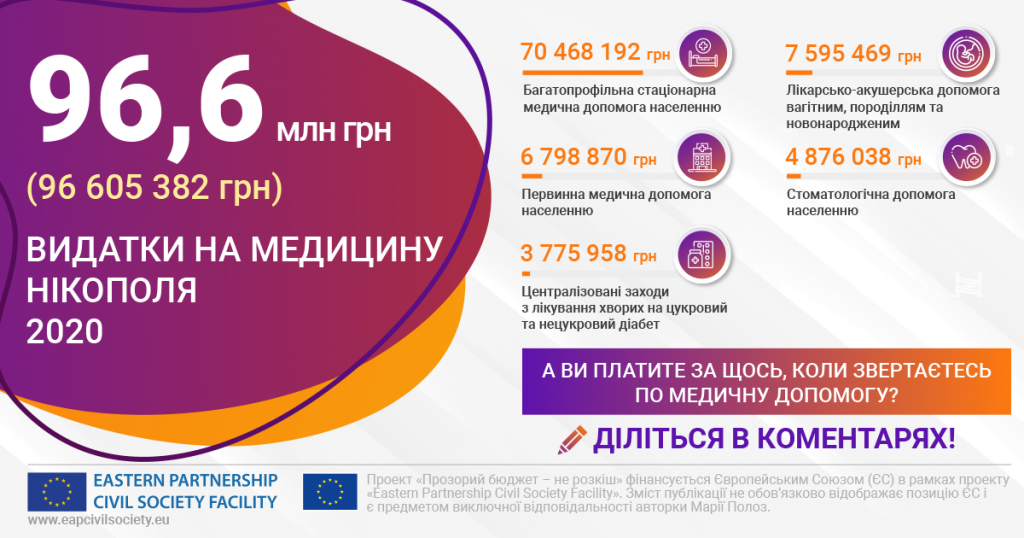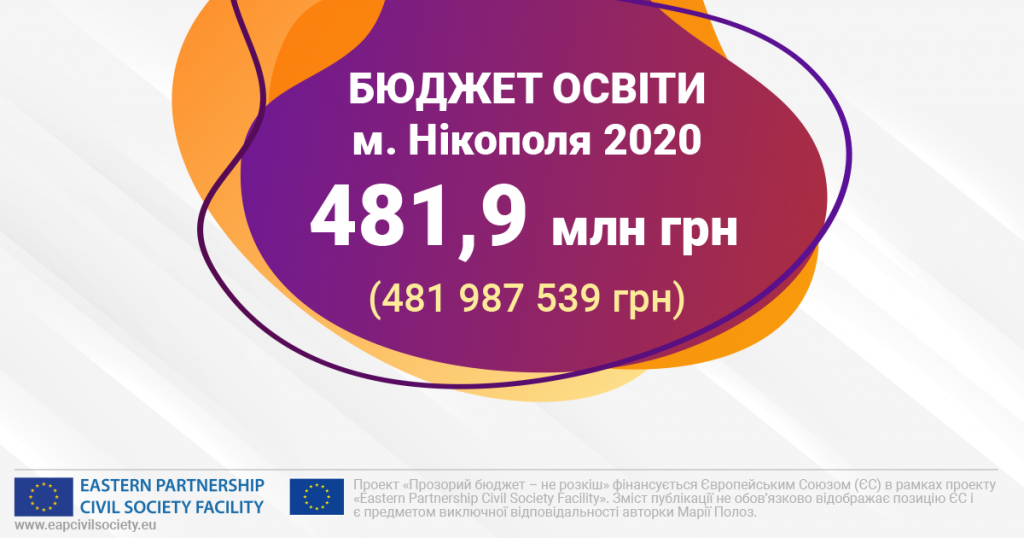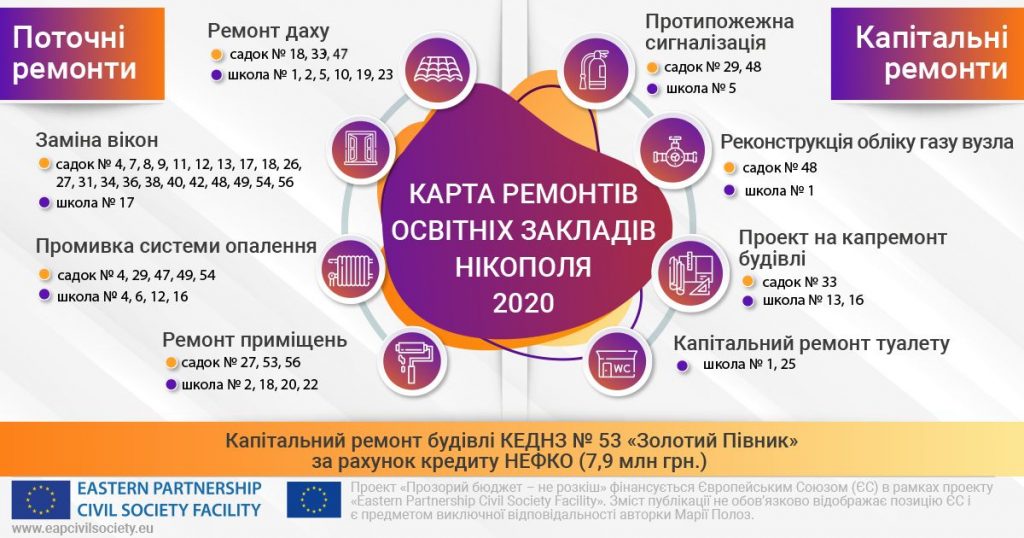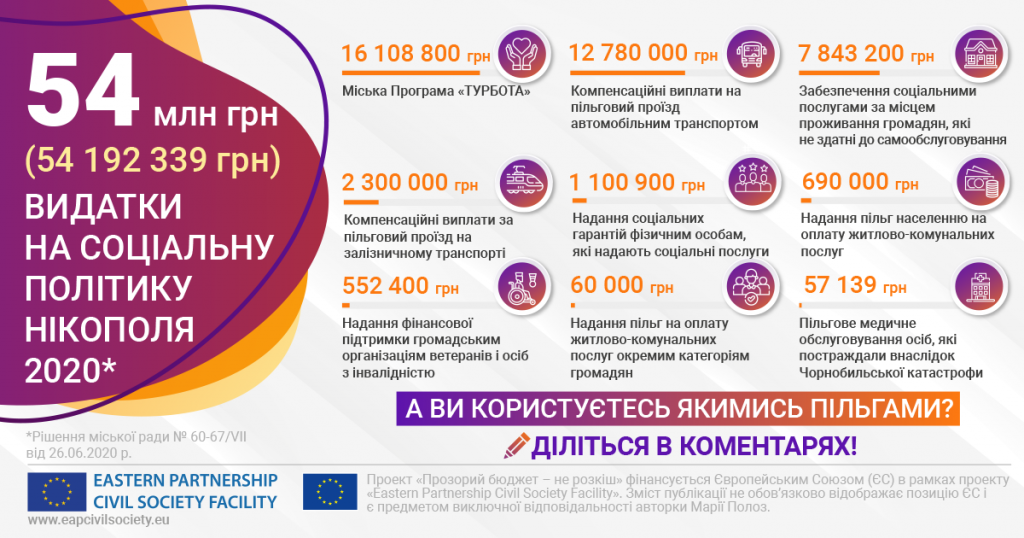The action aimed to increase the digital capacity and work efficiency of CSO managers through online education, such as webinars and workshops. To achieve the above objective, Maksym engaged a professional mentor and designed a training module. Following this, he organized webinars covering the areas of Cybersecurity, Cloud services, Office 365, Data Visualization and IT tools, Social Media Management, etc. Apart from online interactive training, the professional speakers suggested a list of recommendations for the CSO managers on digital literacy. At the final stage, Maksym organized two workshops on the topic of Digital Transformation. To increase the project visibility and awareness of the ICT solutions for the CSO managers, the project disseminated information through the different channels of the GURT Resource Center (web-portal gurt.org.ua, Facebook and YouTube)
The project engaged more than 1,800 CSO managers and delivered 8 interactive webinars offering innovative approaches to increase their work efficiency and service quality. Also, the CSO managers built their competencies in cybersecurity, team collaboration, and project management tools, data visualization, cloud services, etc. To showcase the project impact, 88% of the attendees confirmed that they actively apply the acquired knowledge to their everyday life. Besides, the offline workshops on Digital Transformation raised the awareness of 20 CSO managers and taught them how to identify organizations’ ICT needs and software solutions. As a part of the media outreach, Maksym published 8 announcements and 9 publications about the webinars and workshop deliverables. The project materials disseminated via different communication channels saw a huge interest from the target audience; more precisely, 6 318 unique views on the GURT Web-portal, almost 2 000 on YouTube (disseminated via six newsletters on digital transformation reaching up to 60 000 subscribers) and 164, 909 on Facebook.
A series of webinars developed and delivered within the action (in Ukrainian):
Webinar «How CSOs can mitigate the cyber-security risks»
During the webinar, participants learned how to create reliable passwords; how to reduce cyber-security risks, how to install basic settings for computer and smartphone accounts.
Webinar «How not to lose important data. Do back ups properly»
Do you not know how to do a backup? Watch and learn why and how to do backups
Webinar «Office 365 for NGOs: Who needs it and which problems it solves»
Watch and learn how NGOs can use Office 365 for project management needs.
Webinar «Working together in Office 365: how to collaborate effectively»
Watch a webinar session that covers Office 365 collaboration tools. Learn how to work effectively in a team.
Webinar «Tools for data visualization: how NGOs can present project results qualitatively»
The webinar covered the following issues: what software is used to create infographics, the most common mistakes, and tricks for avoiding them.
Webinar «IT tools for project management»
The webinar covers using a variety of IT-tools for successful project management
Webinar «Facebook as a tool for effective communication for CSOs»
Learn how CSOs can use Facebook for promoting their activity and engaging more supporters.


